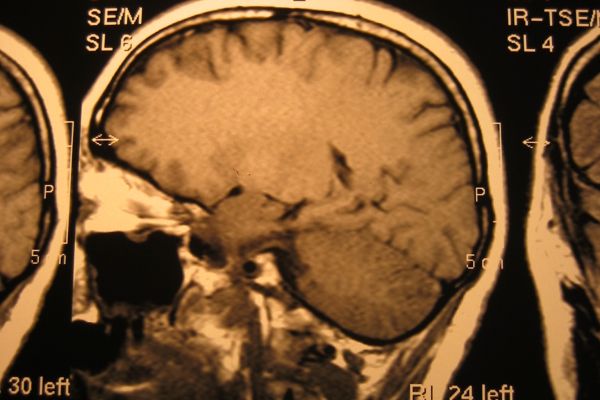Novel neurotechnologies: intervening in the brain
Report
Published 24/06/2013

Research into the use of non-invasive TBS and BCI devices for ‘enhancement’ or gaming purposes is ongoing, and in some cases, products are being sold to consumers. Though these technologies do not present serious risks, their use for these purposes do not bring clear social benefits either. There is a need to understand better what the long-term effects of frequent private use of these devices might be, without research itself contributing to unnecessary interventions in the brain.
Understanding the possible effects on the developing brain is particularly important as children and young people might be especially likely to use BCI games or to be encouraged to use neurodevices for educational ‘enhancement’ purposes. Furthermore, false or misleading claims about the benefits that novel neurotechnologies might offer risk exploiting consumers and undermining wider public trust in neurotechnologies.
Enhancement and gaming
Some small studies using non-invasive TBS procedures have reported improvements in participants’ performance in, for example, memory or language tasks. Whether and how these effects could be said to be ‘enhancements’ or would translate into practical benefits in the real world is unclear, as most studies are very limited in scale and the effects are small and transient.
Non-invasive BCIs that record brain activity using electrodes placed on the scalp or forehead are being developed to enable players to control action in computer games. Some devices that claim to use BCIs are on the market, but these are currently limited in their functionality, and there are some doubts as to whether all of these are genuinely using brain signals, or are responding to facial movements.
We conclude
Institutional ethics committees should monitor proposals for research into non-medical uses of novel neurotechnologies to ensure their value and quality. Evidence gathered about nonmedical uses should be made available via publicly accessible registers.
For the purposes of regulation, the European Commission should consider designating neurostimulation devices as medical devices, irrespective of the purpose for which they are marketed.
The UK Departments of Education and the Royal College of Paediatrics and Child Health should issue advice to teachers and parents about the current evidence on the effectiveness of neurodevices for ‘enhancement’.
Observational research of children who already use neurotechnologies for gaming or learning is needed to assess the benefits and risks including effects on the developing brain.
Military
Aside from uses in treating war injuries, for example using BCIs for prosthetic limbs, military research is also being conducted into the possible use of neurotechnologies for non-medical applications, including:
- BCIs to enhance fighters’ effectiveness by improving perception and learning capabilities.
- BCIs to allow the remote control of weapons by brain signals.
- The use of neurostimulation or BCIs for interrogation purposes.
Existing international conventions outlawing the use of biological and chemical weapons in war do not cover the use of neurodevices. However, the use of coercion in interrogation of prisoners is prohibited under international humanitarian law.
We conclude
Advice should be issued to personnel in the armed forces and intelligence services highlighting that the use of neurodevices in interrogation is prohibited under the Geneva Conventions.
Postgraduate teaching of neuroscientists should include ethical training, including awareness of the potential dual-use of neurotechnologies for hostile as well as peaceful purposes.

Share